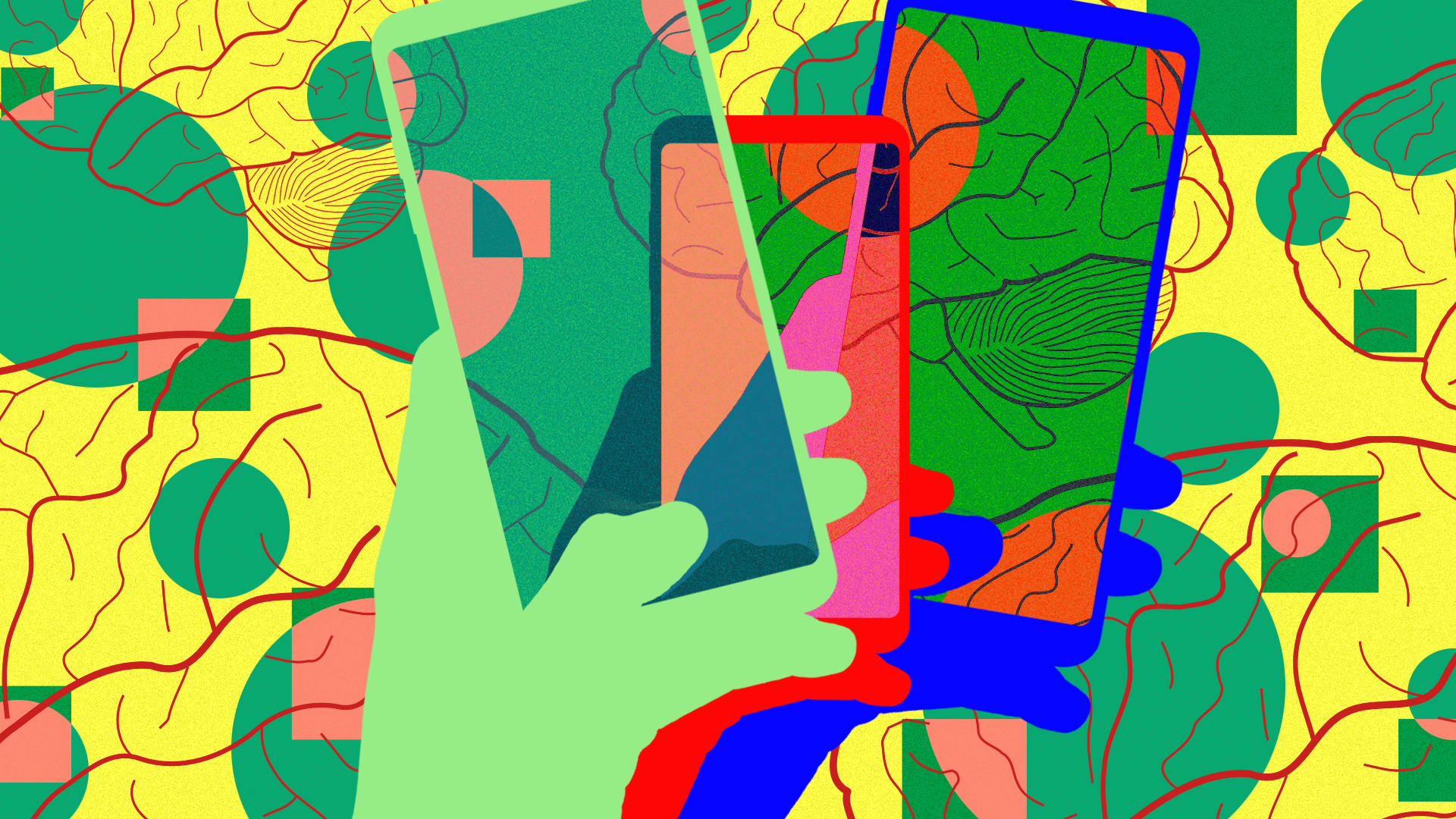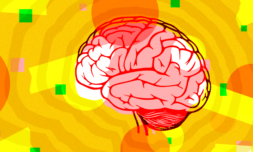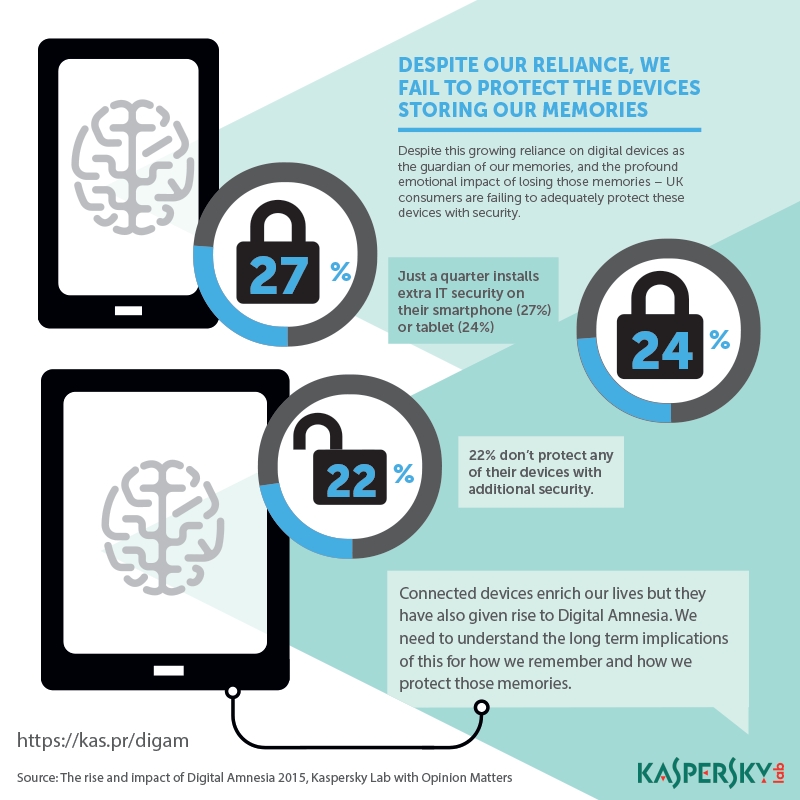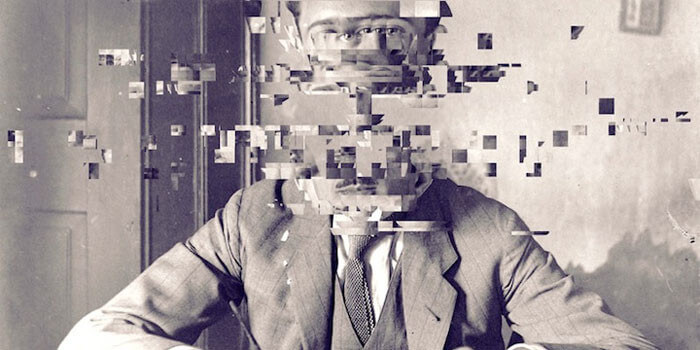‘Digital amnesia’ is on the rise, a concerning phenomenon that’s seeing our ingrained reliance on tech take a toll on our ability to remember important information.
For those of us fortunate enough to own a smartphone, they play an integral role in our day-to-day lives. We use them to communicate, for entertainment, and to capture the moments we deem worthy of sharing on social media.
Though it would certainly come as a shock to lose these useful features, they’re largely luxuries we could survive without.
What would leave us high and dry is the absence of several irrefutably practical tools we don’t even realise we depend so heavily on. I’m talking calculators, banking apps, calendars, morning alarms, digital notes for shopping lists and passwords, and even maps.
The latter I would personally be most anxious to forego, given my sense of direction lies dormant in an entirely unexercised part of my brain, long forgotten in favour of Google.
Predictably, reliance on tech in this way is doing us no good for natural ability and memory retention.

What’s going on with our brains and tech?
According to a new report on the rise of ‘digital amnesia,’ a combination of our blasé mindset that our mobiles will ‘do it for us’ and the impact of excessive screen time on our attention spans (Gen Z has a staggering daily average of 7 hours and 20 minutes) is wreaking havoc on our ability to remember important information.
A survey by Kaspersky Lab found that 91 per cent of people use the internet ‘as an extension of their brains,’ with twenty one per cent alone relying on it for their actual memories. Yikes.
Interestingly, warnings against relying on tech for our personal memories have been circulating since 2015.
‘Once you stop using your memory it will get worse, which makes you use your devices even more,’ Professor Oliver Hardt, who studies the neurobiology of forgetting at McGill University, tells The Guardian.
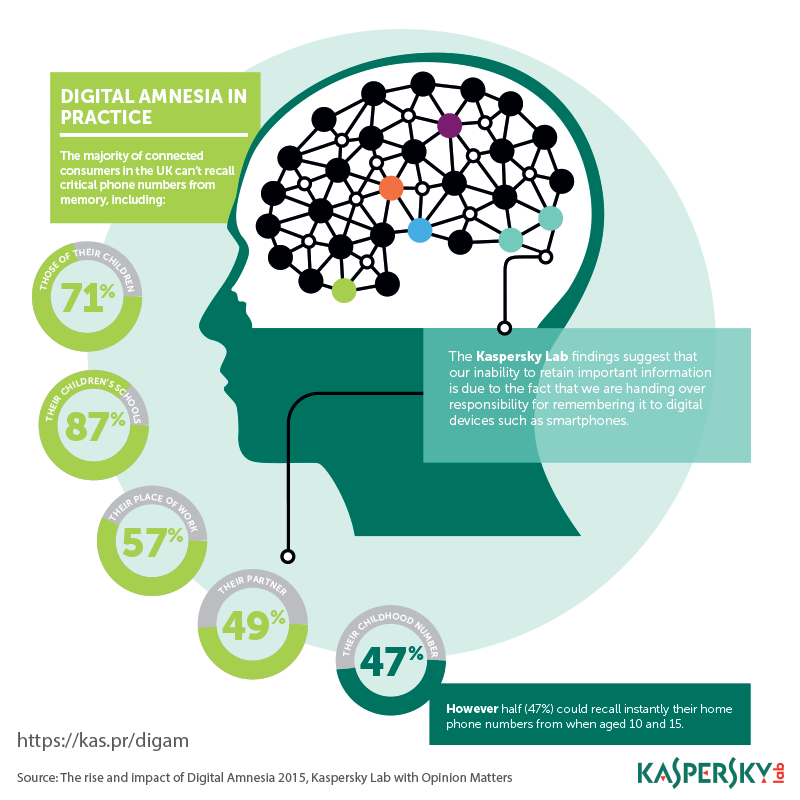
‘We use them for everything. If you go to a website for a recipe, you press a button and it sends the ingredient list to your smartphone. It’s very convenient, but convenience has a price. It’s good for you to do certain things in your head.’
While there’s little data surrounding its effects on our general cognitive functioning, Hardt believes it may bring about an enormous surge in dementia (a theory affirmed by recent research).
‘The less you use that mind of yours, the less you use the systems that are responsible for complicated things like episodic memories, or cognitive flexibility, the more likely it is to develop dementia,’ he continues.
‘Not to mention that while smartphones can obviously open up whole new vistas of knowledge, they can also drag us away from the present moment.’

As Hardt explains, when we’re not attending to an experience with full focus, we’re less likely to recall it properly, and fewer recalled experiences can limit our capacity to be creative.
This sits hand in hand with compassion fatigue, whereby our ceaseless consumption of content has left many of us desensitised or ‘numb.’ No wonder our brains feel full, eh?
‘If you’re paying attention to your phone, you’re not paying attention to anything else,’ Catherine Price, science writer and author of How to Break Up With Your Phone, concurs.
‘That might seem like a throwaway observation, but it’s actually deeply profound. Because you will only remember the things you pay attention to. If you’re not paying attention, you’re literally not going to have a memory of it to remember.









